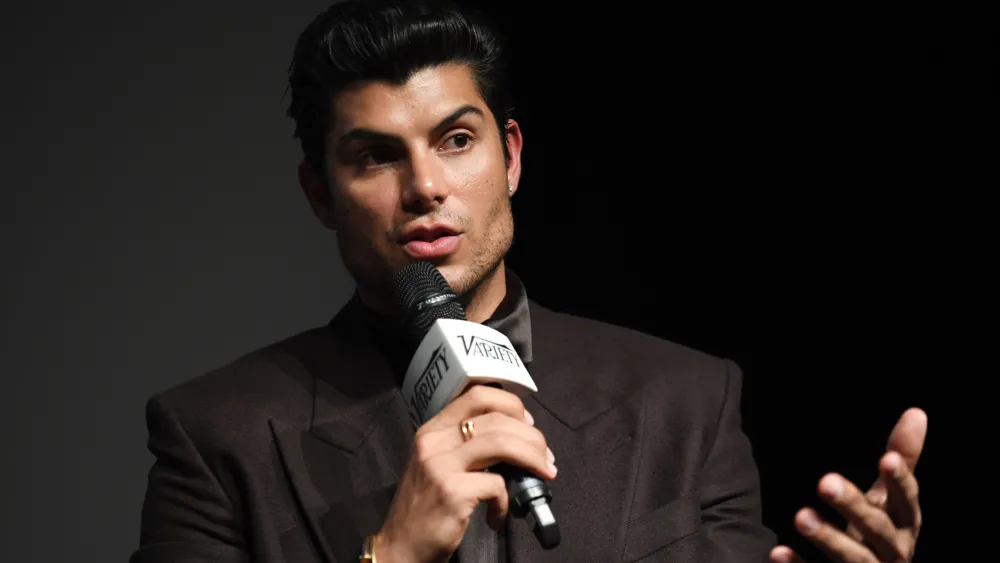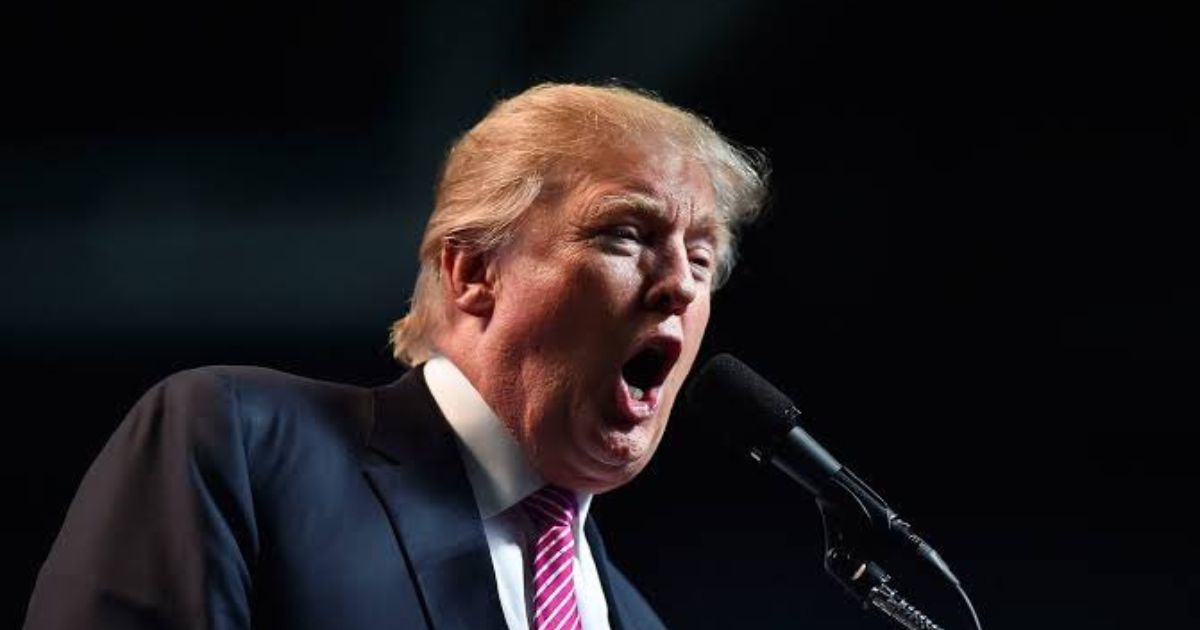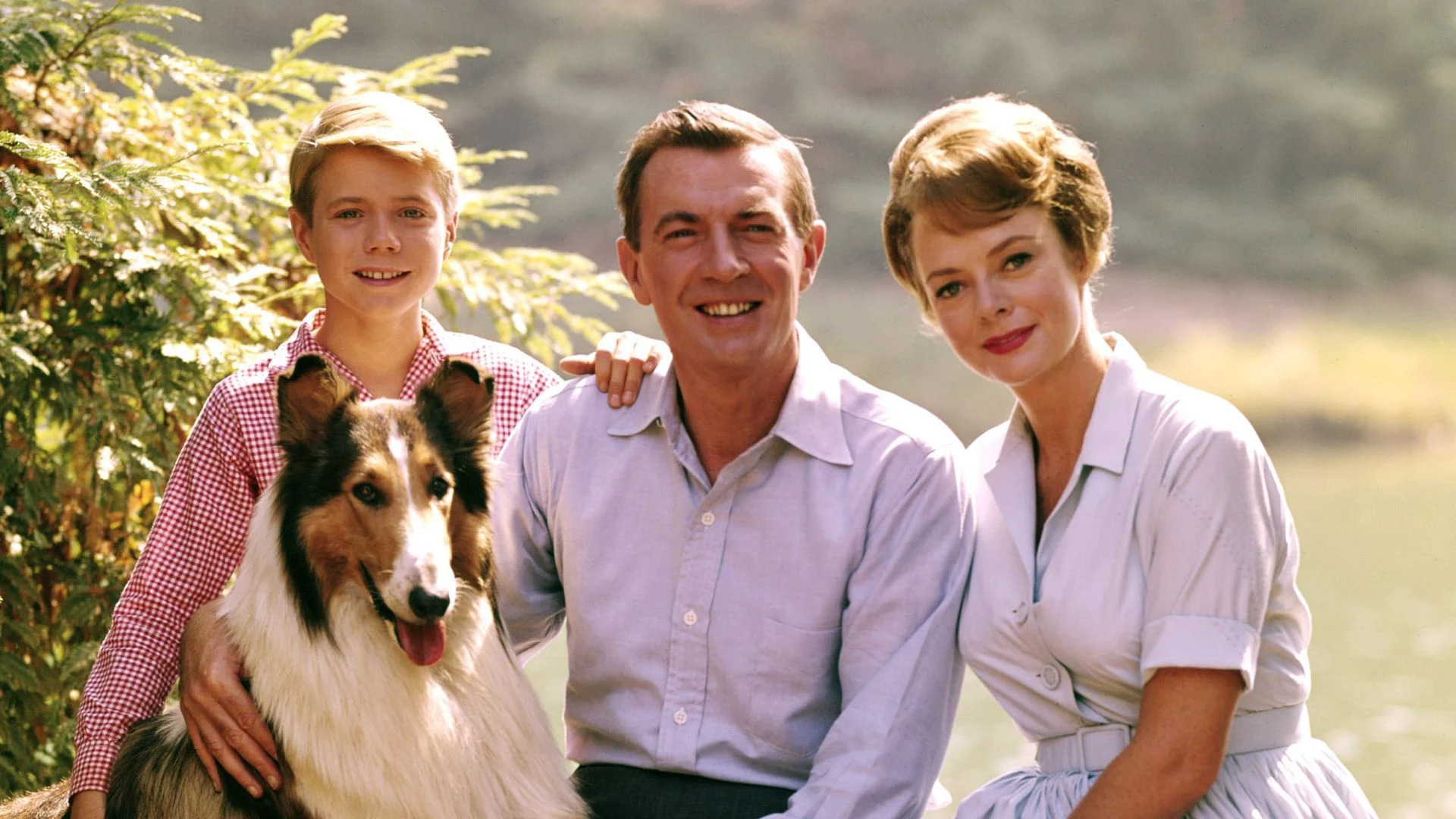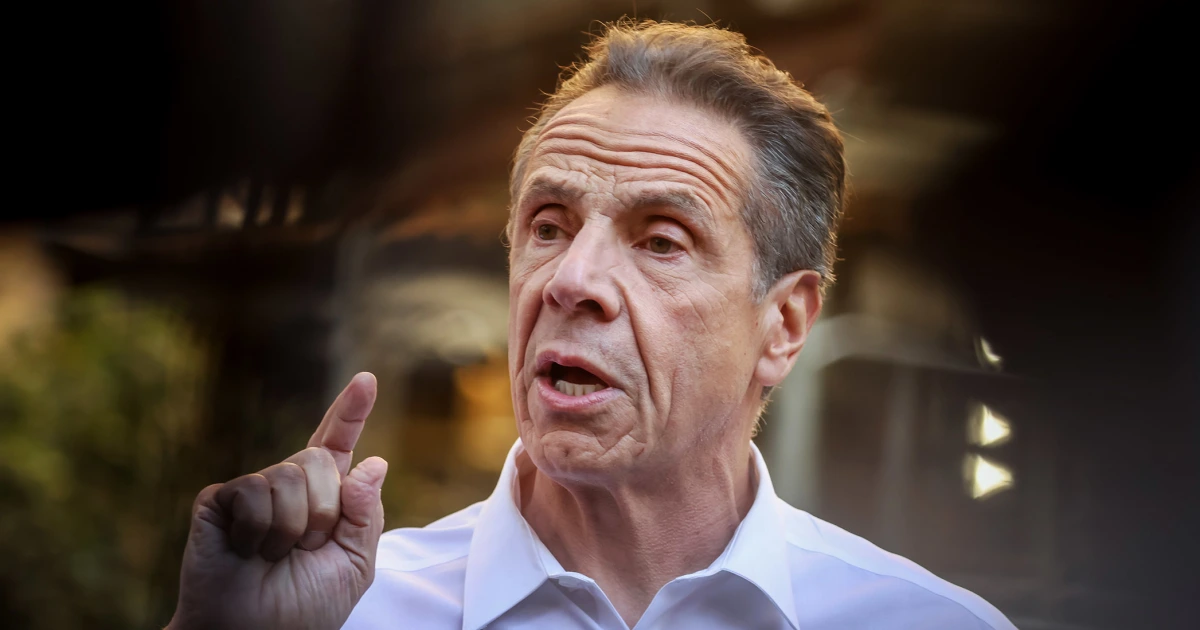Copyright Variety

Shortly after wrapping the short film “America,” Luca Castellani achieved American citizenship, an accomplishment that the Brazilian-born actor describes as “bittersweet.” “It’s bittersweet because I look back and I don’t recognize the country I’ve been fighting for and I desired to live in,” Castellani said of the United States in a post-screening discussion alongside “America” director Aly Muritiba. The discussion occurred on Oct. 24 as part of the Variety Screening Series 2025. Variety‘s Jazz Tangcay moderated the discussion with Castellani and Muritiba about their latest short project, which focuses on an encounter with an ICE officer that disrupts the romance between a Brazilian immigrant (Castellani) and an aspiring writer (Cheyenne Jackson). It is a timely and emotional piece that coincides with the culmination of Castellani’s 10-year journey towards citizenship. “I just feel humbled to be able to tell a story that will resonate with so many, and in some ways can help me protect my community,” said Castellani. Though they shot the film over the course of four days, including one scene filmed guerrilla-style at a real No Kings protest, Castellani said, “I like to say that it took me 10 years to make this film,” reflecting on his own journey immigrating to the United States from Brazil at 17 nearly a decade ago, to now starring in an awards-contending short from Muritiba. The director is one of Brazil’s most esteemed filmmakers, having helmed the HBO series “City of God: The Fight Rages On” as well as numerous features. “America” is his first English-language project, and he saw the opportunity to tell the story as a matter of social importance. “In all of my career, I have made films about social subjects,” Muritiba said, “I consider myself a fighter. I need to use my skills and my voice to talk about this thing that is so important for me. This is why I decided to write this script about immigration.” Castellani and Muritiba spoke about how the United States can learn from Brazil and their country’s history of overcoming fascism. “In Brazil, we had this fascist government a couple of years ago after the election. This guy tried to make a coup d’état, and now he’s going to jail because our justice system is working,” Muritiba said, “So now Brazil is the biggest democracy in the Americas, and I’m so proud of it. I think that we learned a lesson and we can teach that lesson to other countries.” Muritiba continued, “I have a lot of friends who live here, who came to the U.S.A. to try to live their American dream. And then this American dream becomes a kind of nightmare.” Castellani concurred while simultaneously expressing gratitude for finally achieving citizenship, saying “I feel safe now and I’m very proud to be in America and to fight for this country like everybody else.” That emotional ambivalence is the part of the immigrant experience that “America” puts the spotlight on. “What I want the movie to show everybody is that we must protect each other and put our differences aside,” Castellani insisted. “I think as a society, all we are trying to do is to love each other, you know? And then comes systems, comes politics and comes religion and comes all these things that gets in between people trying to love each other. That’s all we are trying to do all over the world. It seems like our system is so broken that it won’t let us do the one thing that everybody needs, which is love.” Muritiba put it succinctly: “This movie is about empathy. It’s a love story in this tough period of time.” In an era when political and immigration narratives are often bleak, “America” doesn’t shy away from the harsh realities, but the filmmakers aim to explore them through a human lens, where empathy and love may persevere.



